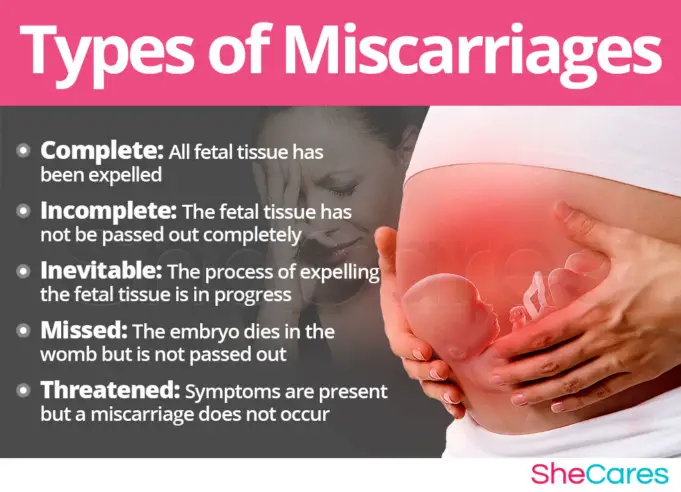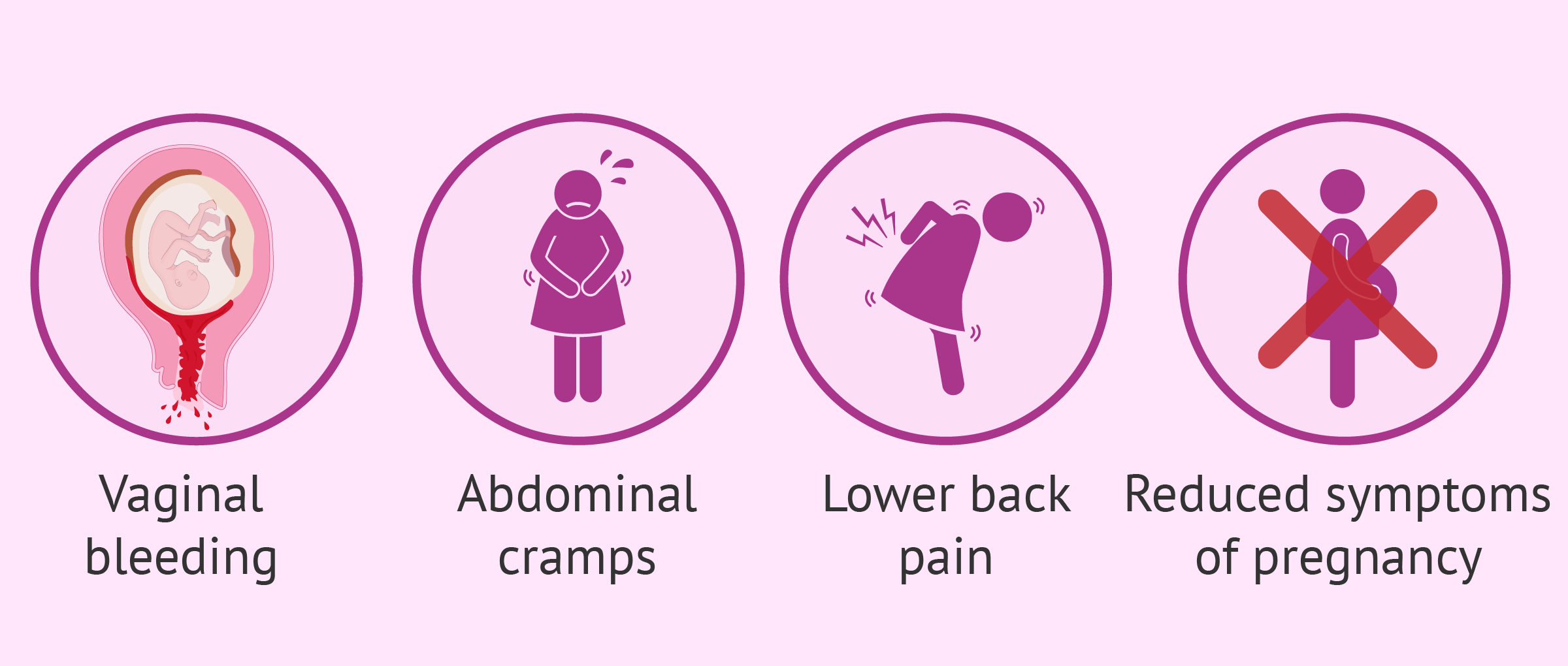How to Avoid Miscarriages: A Guide for First-Time Pregnant Women
Pregnancy is a beautiful and transformative journey, but for first-time mothers, it can also come with anxiety—especially when it comes to the risk of miscarriage. While some factors are beyond control, many steps can be taken to promote a healthy pregnancy and minimize the chances of pregnancy loss.Understanding Miscarriage
A miscarriage is the loss of a pregnancy before 20 weeks. The most common causes include chromosomal abnormalities, hormonal imbalances, infections, or underlying health conditions. While miscarriage is relatively common, affecting around 10-20% of known pregnancies, there are many ways to reduce the risk.
Tips to Reduce the Risk of Miscarriage
1. Identify a Trusted Gynecologist Before Conception and Undergo Preconception Tests
Choosing a knowledgeable and experienced gynecologist before conception is crucial for a smooth pregnancy journey. Preconception tests help identify underlying health issues that might affect pregnancy, such as hormonal imbalances, infections, or genetic conditions. Consulting a doctor early ensures that necessary precautions are taken beforehand.
2. Prioritize Prenatal Care
Regular prenatal check-ups help monitor the baby's development and ensure that any potential complications are addressed early. Your healthcare provider will track your health and make personalized recommendations for a safe pregnancy.
3. Maintain a Healthy Diet
A well-balanced diet supports fetal development and maternal health. Include:
- Folate-rich foods (leafy greens, citrus fruits, beans) to prevent neural tube defects.
- Iron and calcium to support the baby’s growth.
- Lean proteins and healthy fats for essential nutrients.
- Hydration—drink plenty of water to support amniotic fluid levels and overall well-being.
4. Manage Stress and Prioritize Mental Well-being
High stress levels can lead to hormonal imbalances, which may contribute to pregnancy complications. To reduce stress:
- Practice relaxation techniques such as deep breathing and meditation.
- Engage in gentle exercises like prenatal yoga or walking, but only after consulting your gynecologist.
- Surround yourself with a supportive environment and seek emotional support when needed.
5. Exercise With Caution
While staying active is beneficial, exercise should only be done under the guidance of a gynecologist. It is generally advised to avoid strenuous physical activity, especially during the first trimester, to reduce the risk of complications.
6. Avoid Harmful Substances
- Quit Smoking: Smoking increases the risk of miscarriage and complications like low birth weight and preterm labor.
- Limit Caffeine Intake: Excessive caffeine (over 200 mg/day) has been linked to pregnancy loss.
- Avoid Alcohol and Recreational Drugs: These substances can interfere with fetal development and increase miscarriage risk.
7. Control Underlying Health Conditions
Pre-existing medical conditions such as diabetes, thyroid disorders, or high blood pressure can impact pregnancy. Work with your healthcare provider to manage these conditions before and during pregnancy.
8. Prevent and Treat Infections
Some infections can increase the risk of miscarriage. Reduce your exposure by:
- Washing hands frequently.
- Avoiding raw or undercooked meats and unpasteurized dairy.
- Getting tested and treated for any infections promptly.
9. Maintain a Healthy Weight
Both underweight and obesity can affect pregnancy outcomes. Achieve and maintain a healthy weight through a balanced diet and regular physical activity, under medical supervision, to optimize fertility and support a healthy pregnancy.
10. Listen to Your Body
Pay attention to warning signs such as severe cramping, bleeding, dizziness, or sharp pains. If you experience any concerning symptoms, seek medical advice immediately.
The Role of Faith and Positivity
Having faith, staying positive, and maintaining an optimistic outlook can contribute to a stress-free pregnancy. Many women find comfort in prayer, meditation, or spiritual practices, which can help ease anxiety and promote emotional well-being.
Final Thoughts
While some pregnancy losses are unavoidable, taking proactive steps can greatly improve the chances of a successful pregnancy. A healthy lifestyle, proper prenatal care, and emotional well-being all contribute to reducing the risk of miscarriage. For first-time mothers, knowledge and support are key to navigating pregnancy with confidence and peace of mind.Remember, every pregnancy is unique, and seeking guidance from healthcare professionals will help ensure a smooth and healthy journey to motherhood.





No comments:
Post a Comment